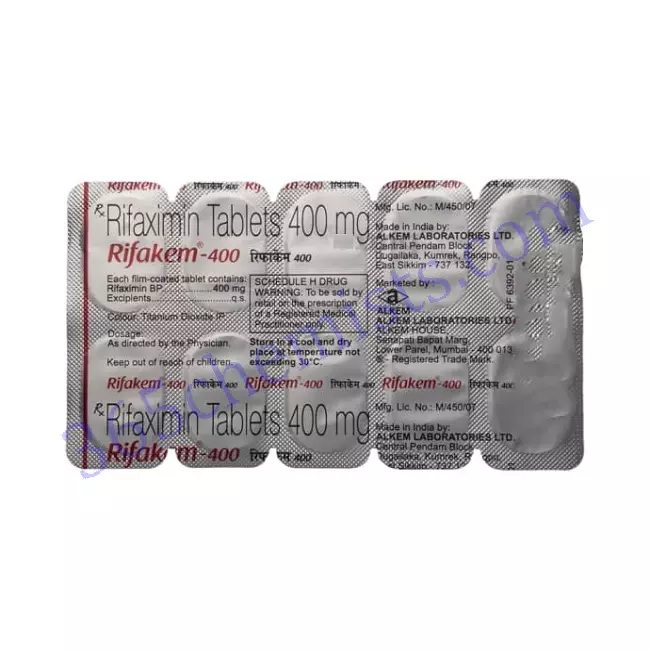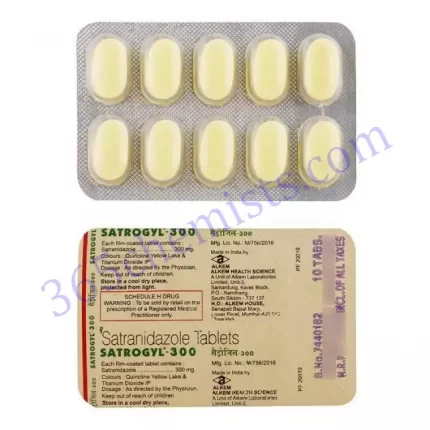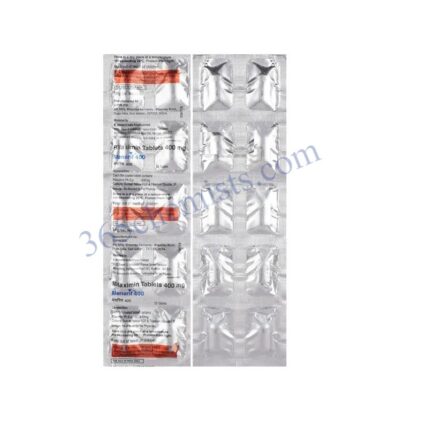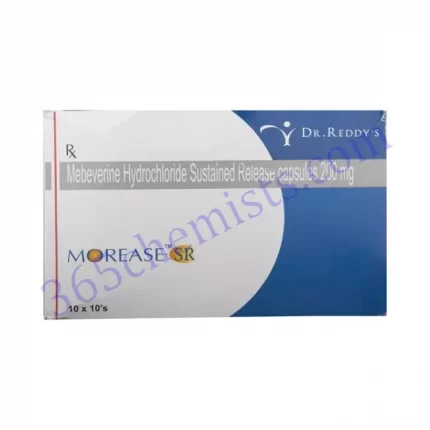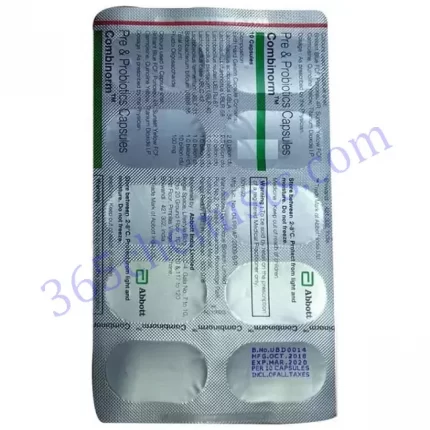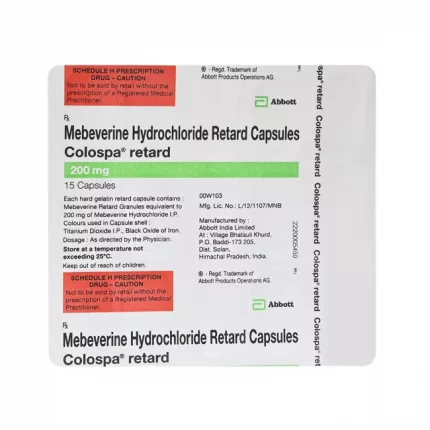Rifakem 400 Tablet (Rifaximin 400mg): A Comprehensive Description
Rifakem 400 Tablet is a drug that has Rifaximin included as its active component in its formulation. Rifaximin is an antibiotic that has activity against a wide variety of bacteria and is a member of the rifamycin class of drugs. Its primary application is in the treatment of bacterial infections in the digestive system, more notably infections brought on by the Escherichia coli (E. coli) bacteria. The purpose of this extensive explanation is to offer an in-depth analysis of Rifakem 400 Tablet, including topics such as its use, dosage, potential adverse effects, and safety measures.
Uses of Rifakem 400 Tablet
It is usual practise to recommend Rifakem 400 Tablet to patients in need of treatment for travellers’ diarrhoea, a disorder that is frequently brought on by enterotoxigenic E. coli. Rifaximin helps treat symptoms such as diarrhoea, abdominal cramps, and nausea by reducing the growth of bacteria in the intestines. These symptoms might be caused by bacterial overgrowth. Hepatic encephalopathy is a condition that is characterised by brain dysfunction that is caused by liver illness. This medicine is also utilised in the management of hepatic encephalopathy. Because it lowers the quantity of ammonia-producing bacteria in the intestines, rifaximin is useful in the treatment of hepatic encephalopathy because it helps alleviate the symptoms of the condition.
Dosage and Administration
It is possible for the recommended dosage of Rifakem 400 Tablet to change based on the particular condition that is being treated. It is extremely important to carry out the directions that the healthcare practitioner who prescribed the medication has supplied. The standard adult dosage that is suggested for the treatment of travellers’ diarrhoea is 400 milligrammes to be taken orally three times per day for a period of three days. In the treatment of hepatic encephalopathy, the typical adult dose is 400 milligrammes, which should be given orally twice day. However, individual dosages may vary; therefore, it is essential to see a healthcare expert in order to determine the appropriate dosage based on the specifics of each patient’s condition.
Side Effects of Rifakem 400 Tablet
Rifakem 400 Tablet, like any other medicine, has the potential to produce certain adverse effects. Abdominal pain, flatulence, nausea, vomiting, headaches, and dizziness are typical adverse reactions that can occur. These adverse effects are, in most cases, rather modest and transient. Nevertheless, it is imperative to seek medical assistance if they continue or become more worse. Rifaximin has been linked to significant allergic responses on extremely rare occasions. Rash, itching, swelling, severe dizziness, and difficulty breathing are some of the symptoms that might accompany an allergic reaction. In the event that any of these symptoms are noticed, it is imperative that prompt medical attention be sought.
Precautions and Warnings
Before beginning treatment with Rifakem 400 Tablet, it is essential to discuss any preexisting medical problems, allergies, or drugs that are currently being taken with your healthcare professional. Because of this, any potentially harmful drug interactions or side effects will be avoided. It is of the utmost importance to discuss any past conditions associated with the gastrointestinal tract or liver illness. Because the safety of Rifaximin use during pregnancy and breastfeeding has not been definitively proven, individuals who are pregnant or nursing are strongly encouraged to discuss the use of this medicine with their primary care physician before beginning treatment.
Drug Interactions
It is possible for Rifakem 400 Tablet to interact with other medications, which could reduce the effectiveness of those other drugs or raise the likelihood that they will cause adverse effects. It is essential to keep the healthcare provider informed about any and all medications that are being used, whether they are prescribed, purchased over the counter, or taken in the form of herbal supplements. Cyclosporine and tacrolimus are two examples of pharmaceuticals that are metabolised by the enzyme CYP3A4, and they are among the medications that have the potential to interact with Rifakem 400 Tablet. Therefore, it is essential to have a conversation with the healthcare practitioner about any and all possible drug interactions.
Conclusion
Rifakem 400 Tablet is a beneficial medication that contains Rifaximin 400mg and is used for the treatment of bacterial infections in the gastrointestinal system. This medication is very helpful for treating travellers’ diarrhoea and hepatic encephalopathy. Individuals are able to effectively utilise Rifakem 400 Tablet to alleviate symptoms, reduce the risk of recurrence, and promote healing if they follow the prescribed dosage, finish the complete course of treatment, and practise proper hygiene. When dealing with special populations, such as women who are pregnant or breastfeeding or those who have a history of liver illness, it is essential to seek the advice of a qualified medical practitioner in order to receive the appropriate direction. Individuals can ensure the safe and effective use of Rifakem 400 Tablet for the management of gastrointestinal illnesses by adhering to these guidelines and ensuring that they are followed.

